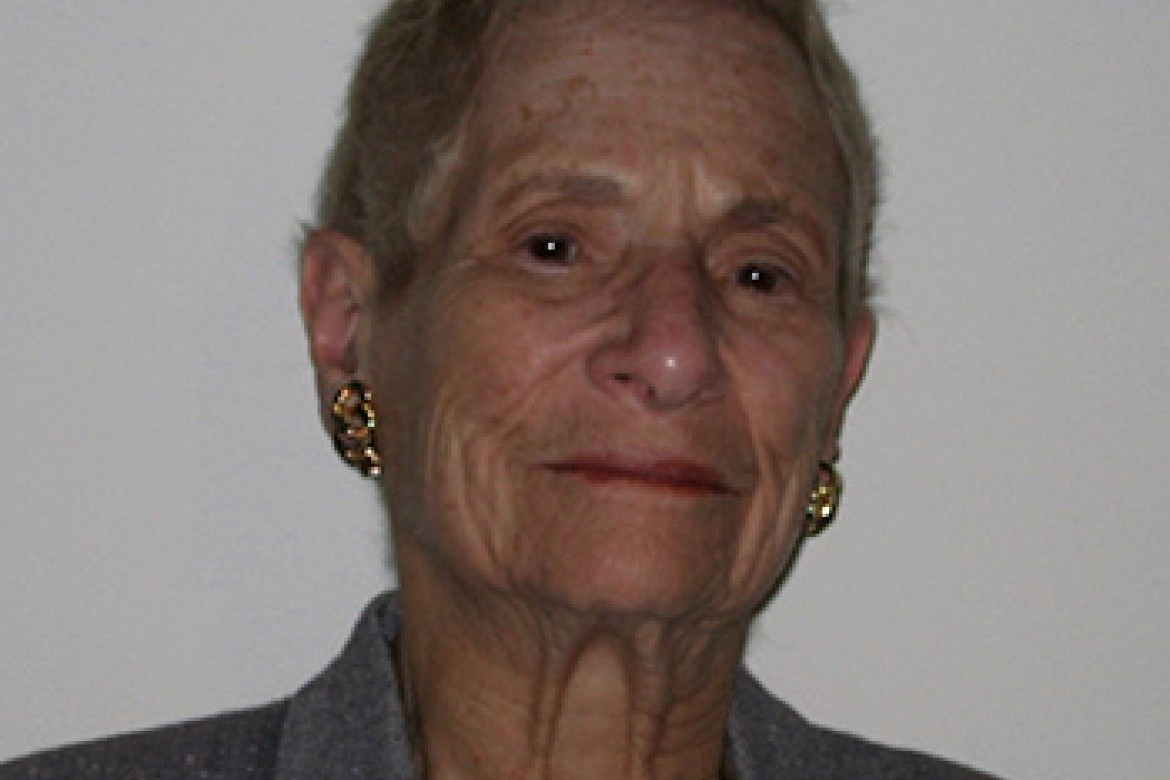The value of historical thinking

Tthe study of history aids one in evaluating the 'talking heads' and their analyses of the health issues in this country.
Major: History
Advanced Degrees: MD, University of Texas at Galveston, specialty certifications in pediatrics and psychiatry
Employer: Jefferson Medical College, PA
A typical day: For the past 30 years, I have been on the faculty of Jefferson Medical College. As a physician qualified in pediatrics, psychiatry and child psychiatry, I was involved, as a full-time faculty member, in the training of medical students, pediatric and psychiatry residents, evaluation and treatment of patients, consulting to various colleagues, agencies and schools, and engaging in research projects on various clinical issues. Since retiring from the full-time faculty, I continue teaching at the medical school one day per week, and still participate in some of the faculty committees associated with the university. I am no longer scheduling patients.
How I got from graduating from MHC to my current career: Two months after being graduated from MHC, I entered medical school, and received my MD degree four years later. Thereafter, I received training in Pediatrics, spent several years as a Post-Doctoral Research Fellow studying Pulmonary Physiology, and then practiced Pediatrics. Subsequently, I obtained additional training in Psychiatry and Child Psychiatry, and was recruited to a faculty position at Jefferson. My history training has been very personally rewarding and allowed me to seek out and understand many relationships and to delve for underlying causes and effects in a variety of areas. This has been especially helpful in my Pediatric and Psychiatric work.
What would have made the curriculum to career transition easier: I had always planned to attend medical school after college; yet majoring in history instead of chemistry or zoology was not welcomed in those days. Nevertheless, I decided that studying history in college was probably the only time I would ever have for it. I majored in history for myself and for my own need to obtain a “well-rounded” background. I never regretted that choice, even though I had to work much harder to fulfill the requirements of the major and fulfill all the science courses needed for medical school entry.
Advice for current history majors who want to prepare for a career in the medical field: Be prepared to work very hard! Studying the course of human behavior in different groups, cultures, nations, etc. over varying periods in human history, influenced by varying environmental events, was fascinating. As a physician, I learned to think in terms of underlying causes, hidden effects, varying interrelationships, and outcomes—to a much greater extent than was emphasized in the medical school curriculum at that time. It has certainly been helpful as an ordinary American citizen.
What I have found useful about my History major: Writing clearly and reasonably concisely, as well as evaluating information, organizing it, and presenting it in a lucid, non-biased manner, without “jargon”, has been very helpful over the years. Currently, in view of all the discussion about the status of health care in the U.S., the study of history aids one in evaluating the varying pronouncements of the “talking heads” and their recommendations, analyses, and other comments on the health issues in this country.
A history major as a starting point into a career: It was very helpful as a source of information, evaluation of many ideas, and lifelong enjoyment of the subject.